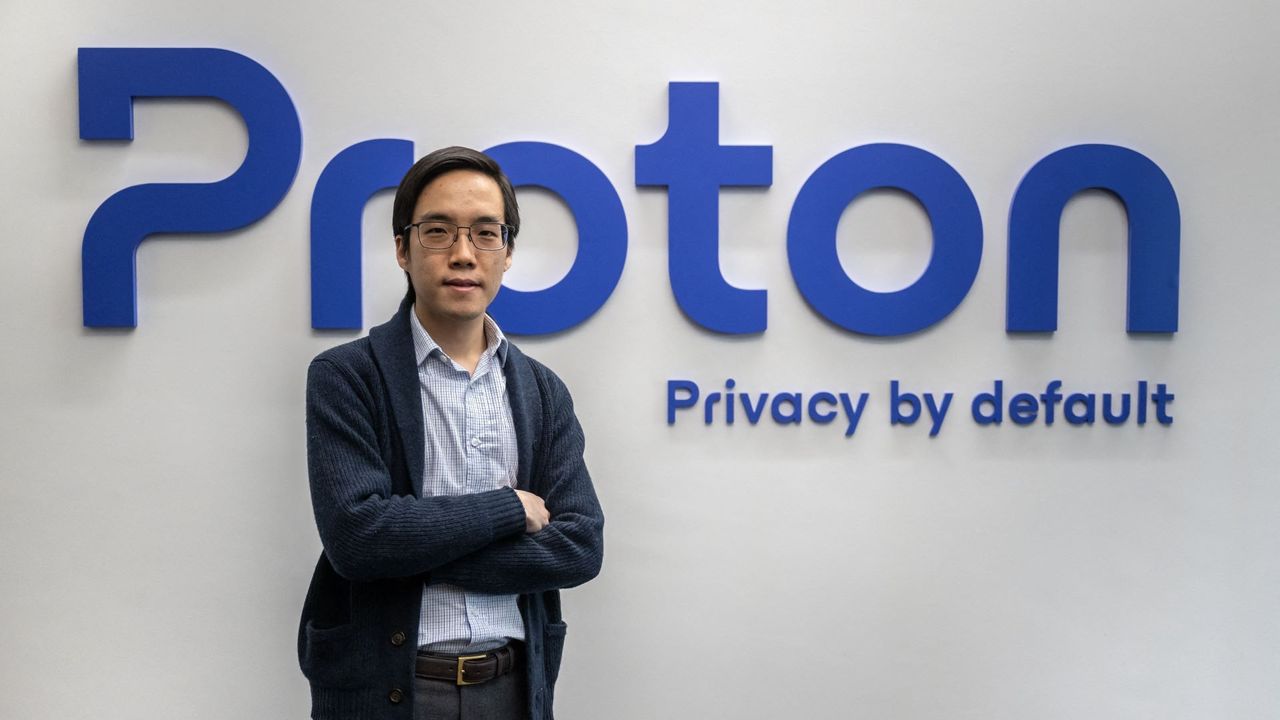Proton VPN’s Upgrades Signal a Battle for Privacy in an Era of Surveillance — Are You Ready to Choose a Side?
Proton VPN, known for its commitment to privacy and security, has announced significant upgrades that are set to shake up the VPN landscape. This announcement comes at a time when digital privacy is under constant attack, with governments and corporations vying for control over user data. As the digital age progresses, the need for secure online experiences grows, and VPNs have become a crucial tool for individuals seeking to protect their privacy.
The upgrades announced by Proton VPN include the addition of more free servers, advanced VPN architecture, and a command-line interface (CLI) for Linux users. These enhancements mark a significant shift in Proton VPN’s strategy, aimed at catering to a broader audience while maintaining its core mission of safeguarding user privacy.
One of the most striking changes is the expansion of free servers. Proton VPN has long been a champion of offering free services to users who may not be able to afford a subscription. The introduction of more free servers could democratize access to secure internet browsing, allowing a wider segment of the population to protect their online activity. This move echoes a larger trend in the tech industry where companies are re-evaluating their pricing models in light of growing competition and the demand for more equitable access to technology. By providing more free servers, Proton VPN is not just enhancing its service; it is also standing against the tide of monopolistic practices that often dominate the tech field.
The advanced VPN architecture is another critical aspect of the upgrades. The backbone of any VPN service lies in its architecture, which determines how data is encrypted, routed, and managed. Proton VPN’s improvements in this area indicate a commitment to not only staying ahead of malicious actors but also to providing a user-friendly experience. The new architecture promises better speeds, enhanced security features, and the ability to handle more simultaneous connections. This change is particularly important as the demand for VPN services continues to grow, fueled by increasing awareness of privacy issues and the rise in cyber threats.
Moreover, the introduction of a CLI for Linux users represents a significant step forward in the accessibility of VPN services for tech-savvy individuals. Linux has often been the operating system of choice for developers, privacy advocates, and cybersecurity professionals. By catering to this demographic, Proton VPN is not only widening its user base but also empowering those who are most likely to advocate for privacy rights. A CLI provides a level of control and customization that many advanced users seek, allowing them to tailor their VPN experience to their specific needs.
The upgrades by Proton VPN come amid a turbulent backdrop of surveillance, data breaches, and a growing public discourse around digital rights. As we navigate an increasingly interconnected world, the importance of protecting personal information cannot be overstated. Users are becoming more aware of the implications of their online actions, driving demand for services that allow them to maintain their privacy. Proton VPN’s upgrades could not have come at a more opportune time, as discussions surrounding data privacy and surveillance continue to dominate headlines across the globe.
In addition, the ongoing rise of authoritarian regimes and the erosion of civil liberties in various countries underline the necessity of secure communication tools. VPNs have become essential for activists, journalists, and ordinary citizens seeking to express dissent in environments where free speech is under threat. Proton VPN’s commitment to improving its services can be seen as part of a broader movement towards protecting individual rights in an age where privacy is often considered a luxury rather than a fundamental right.
As Proton VPN rolls out these updates, the reactions from the community will likely vary. Privacy advocates may laud the efforts to expand access to secure browsing, while critics may question the sustainability of providing free services in a crowded market. The debate over privacy, access, and the responsibilities of tech companies will only intensify as these upgrades propel Proton VPN into the spotlight once again.
In conclusion, the upgrades announced by Proton VPN signal a pivotal moment in the ongoing struggle for digital privacy. As users grapple with the implications of their online actions, Proton VPN’s enhanced offerings may provide a crucial lifeline for those seeking to protect their information in an increasingly surveilled world. The path forward will require careful consideration of the balance between security, accessibility, and the ethical responsibilities of technology companies.




